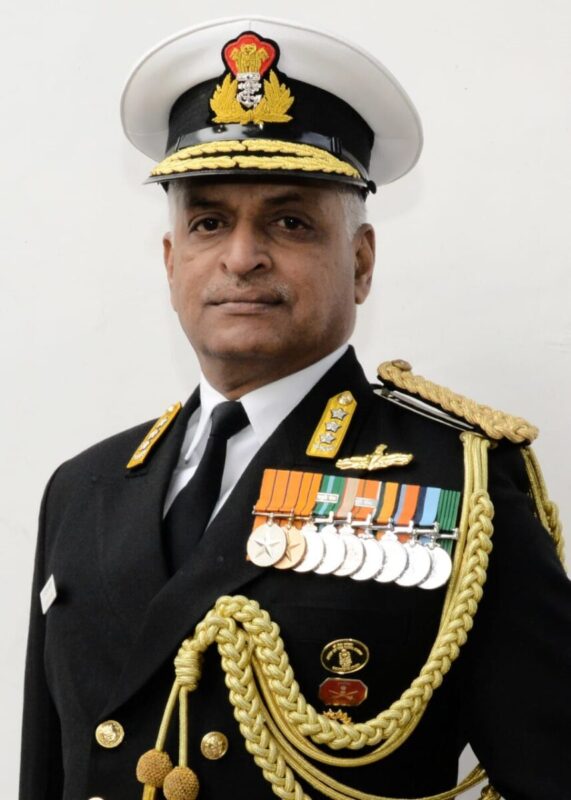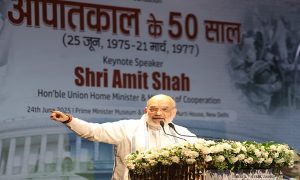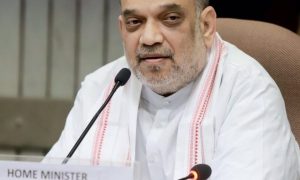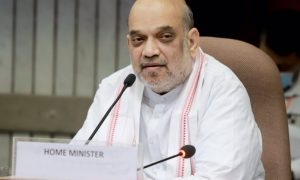With an aim to bolster the maritime security of the country, the government has appointed Vice Admiral (retd) G Ashok Kumar as India’s first ‘National Maritime Security Coordinator’ (NMSC) to strengthen cooperation & bring effective coordination among various key central and state authorities dealing with the maritime domain – from the coast to the high seas.
The decision to appoint Vice Admiral (retd) G Ashok Kumar as the first NMSC can be seen as the fulfillment of long-pending reform, as part of India’s consistent efforts to boost its maritime security following the 26/11 Mumbai terror attack, which happened 14 years back.
Former Navy Vice Chief in action
Previously, Vice Admiral G Ashok Kumar served as the Indian Navy Vice Chief and retired in July last year, after rendering his service to the nation for more than 39 years. He will work in the National Security Council Secretariat under National Security Advisor (NSA) Ajit Doval.
The portfolio of NMSC will include the coordination among the Indian Navy, the Indian Coast Guard (ICG), security agencies involved in coastal and maritime security, and 13 coastal states and Union Territories.
It is noteworthy that in November 2021, Prime Minister Narendra Modi led Cabinet Committee on Security (CCS) approved the appointment of the National Maritime Security Coordinator (NMSC) to interface between the civilian and military maritime domain.
To enhance security architecture in the maritime domain, the Coordinator will ensure effective coordination and cohesive policy-making among the central and state departments dealing with sea affairs from the coastline to the high seas.
Fulfilling the long-needed requirement
The creation of the post of National Maritime Security Coordinator (NMSC) was a long-needed requirement for keeping the country’s sea safer. It is noteworthy that the Maritime Security Coordinator will directly report to the Indian National Security Advisor (NSA) Ajit Doval and will be the principal advisor to the government on the maritime security domain.
Importantly, a retired or serving Vice Admiral of the Navy (equivalent to a Lt-General in the Army) was considered to be appointed to the post.
Bringing Synergistic Coordination
The prime objective of the National Maritime Security Coordinator will be ensuring synergistic coordination among the various authorities, which ranges from central ministries and departments (external affairs, defence, home, shipping, fisheries, etc) and state governments to the Navy, Coast Guard, customs, intelligence agencies, and port authorities. Additionally, the Coordinator will also look after some of the technical aspects as well.
Focus on Blue Economy
India has a 7,516-km long coastline including island territories and a two million sq km exclusive economic zone. Additionally, with 90% of the trade by volume and over 70 percent of Indian trade including vital crude oil transported through sea and protection of sea shipping lanes is vital to India’s security.
The Union Government has also launched the ‘Deep Ocean Mission’ for the blue water economy. The mission has been implemented under the aegis of the Ministry of Earth Sciences at a total budget of Rs. 4,077 Crore for a period of 5 years. Deep Ocean Mission will be a mission mode project to support the Blue Economy Initiatives of the Government of India.




























 WhatsApp us
WhatsApp us